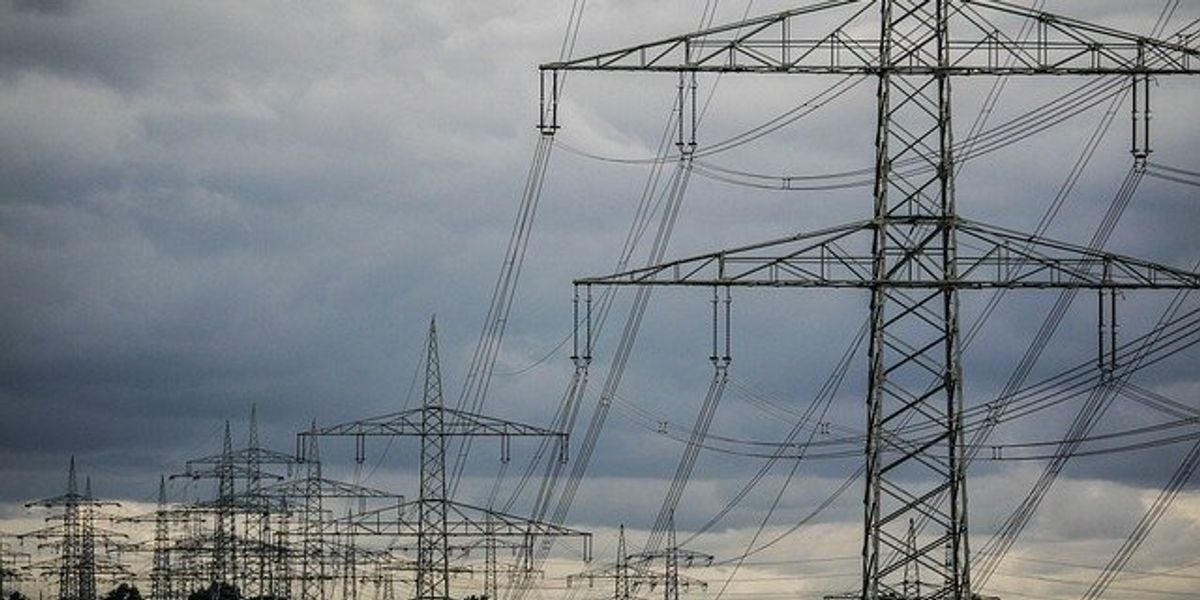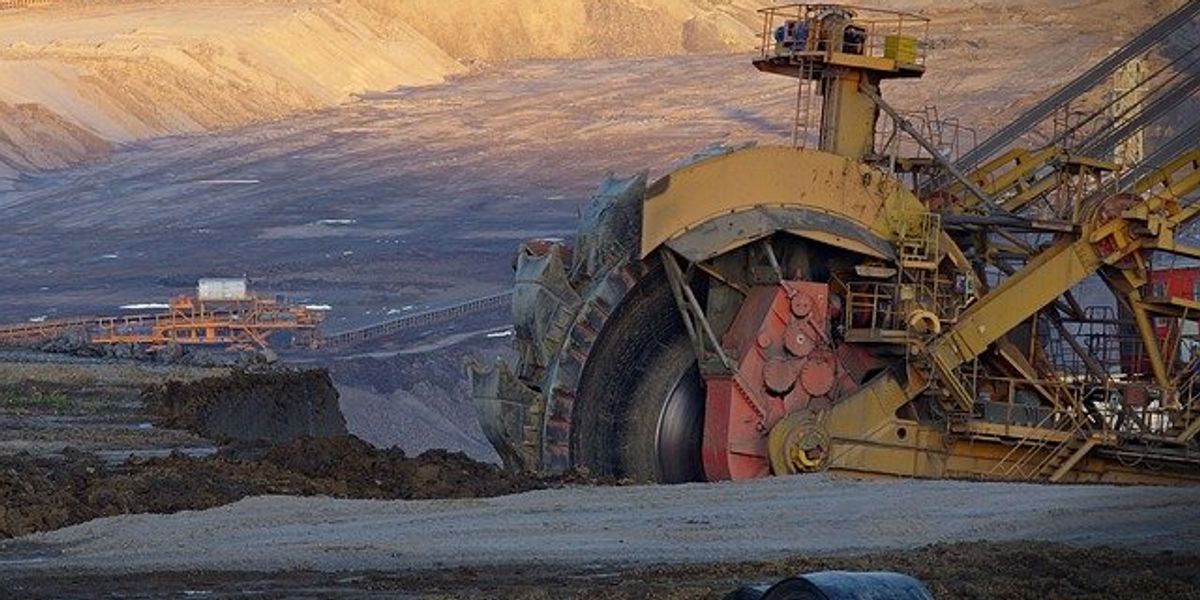
Paul Burns and Lauren Hierl: Make Big Oil pay, not Vermont taxpayers
In this Vermont Digger commentary, Paul Burns and Lauren Hierl write that the biggest oil companies in the world made more than $200 billion in profits last year, while Vermonters were forced to pay record prices at the pump — and got stuck with the costs of climate change cleanup in their communities.
In a nutshell
Climate change is proving costly for taxpayers, with millions of dollars already allocated to climate change mitigation measures and predictions of billions more in economic, health, and environmental damages in the coming years. As the debate rages on, the question remains: should Vermonters foot the bill, or should the big oil companies that knowingly contributed to the problem step up and take responsibility for the mess they created? Vermont's Climate Change Superfund Act would require Big Oil to to do just that.
Key quote
"Unsurprisingly, making polluters pay to clean up their messes is wildly popular. A recent poll of voters conducted by Data for Progress found that 64% of Vermonters support a bill that would assess a one-time fee on big oil and gas companies such as ExxonMobil and Chevron to pay a share of the costs for making Vermont’s infrastructure better able to withstand the impacts of climate change."
The big picture
Burning fossil fuels releases harmful pollutants that contribute to air pollution, respiratory illnesses, and premature deaths. These impacts disproportionately affect vulnerable communities, exacerbating existing health disparities. Big Oil companies knew about the risks associated with carbon pollution but chose to prioritize profits over the well-being of people and the planet. As U.S. states grapple with the effects of climate change brought about by the burning of fossil fuels, Governor Phil Scott's decision about who should bear the burden of climate change damages will be closely watched.
Read the opinion piece at the Vermont Digger.
For additional context about our love affair with fossil fuels, read about missed opportunities to to curb climate change and advance clean energy in this 2022 commentary from Peter Dykstra.













